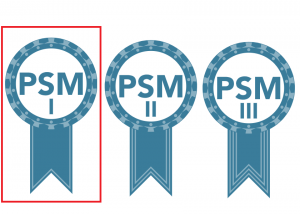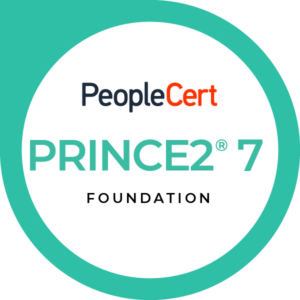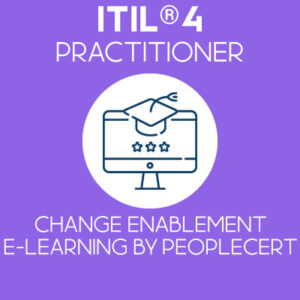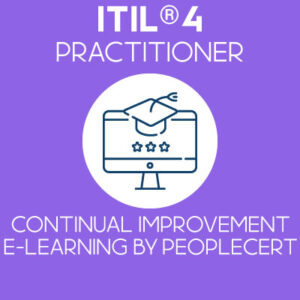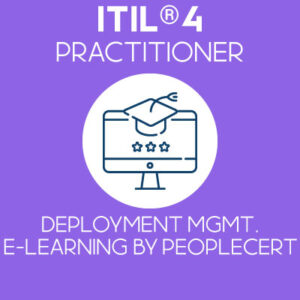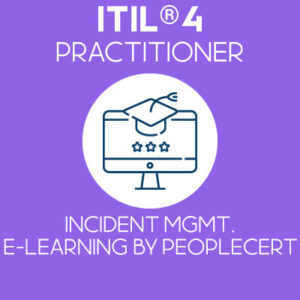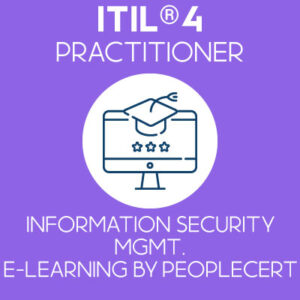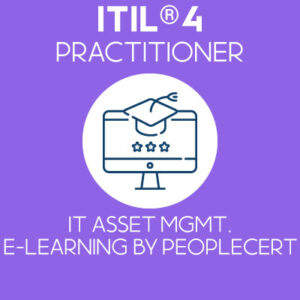The Seven Guiding Principles of ITIL 4 will help your organization to handle any situation by creating an Agile, value-focused mindset.
Table of Contents
Why should you care about the ITIL 4 Guiding Principles?
Let’s start with a brief history of the Guiding Principles
At the beginning of time, there was nothing but darkness…and the ITIL v3 core publications. But then, in an effort of simplification, the Guiding Principles were created. They were meant to represent the condensed value of the complete ITIL guidance, distilled into 9 simple statements, applicable in any situation.
The original release date was in 2016, when they have been introduced as part of the ITIL Practitioner curriculum.
But why should you care?
Because with the help of the Seven Guiding Principles, you can create a mindset and culture within your organization that will allow you to master any situation. They are truly universally applicable. Meaning, that they can be applied in any industry, any project, any challenge and even in private life (no kidding).
Continuously applying them will allow you to create the necessary momentum to drive the cultural change that is needed to make your team and colleagues thrive.
And besides that, the Guiding Principles represent a strong link to the Agile world, which is a huge help when you find yourself in a situation where you are confronted with statements like “Why would we use ITIL if we are already Agile with Scrum?”. In case you want to read more about this, have a look at our “ITIL 4 marries SAFe, but can it last?” article.
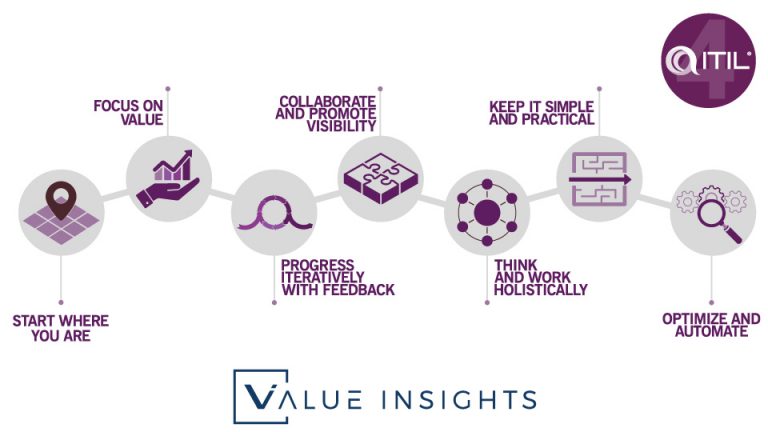
What are the Seven Guiding Principles of ITIL 4?
In the 4th major release of ITIL (ITIL 4), seven of the previously know Guiding Principles have been included. While some still have their original wording, others have been adjusted to cater for the current, major trends showing in the market of digitalization.
With no further ado, let us have a look at these Seven Guiding Principles to understand what they mean and why are they relevant to you.

Key Message
Everything you do, should be somehow valuable to any of your stakeholders. If it is not, it can technically be seen as waste and you should put an end those activities.
Details
This Guiding Principle has its origins in Lean Manufacturing and aims to eliminate all kinds of waste.
You need to understand your customers, partners, users, suppliers and any other stakeholders involved in the activities of value co-creation. Value is what earns trust and coin 🙂
The capability of recognizing what value is to your stakeholders will be your main differentiator on any competitive market.
Try to understand how stakeholders utilize your products and services, and how they feel about them. Perception is an important but often underestimated aspect of services and products.

Key Message
Understand your current situation before you jump into anything new and try to reuse any resources before throwing them away.
Details
More often than not, people tend to think that everything that has been done in the past is bad, not relevant anymore or not state of the art…While this may be true in many cases, we should still try to understand what we currently have in place. Measure your current situation and resources to learn what can be utilized and what cannot. Get an understanding of your infrastructure, products and services before you decide to get rid of something. However, you should ensure that each measurement has a goal and that it does not become the target. Meaning you should not just measure for the sake of measuring. This is called Goodhart’s Law.
In an ideal case, you would use a healthy combination of direct observation and supporting measurements.
Following this Guiding Principle will help you to get a better picture of where you currently stand, to base your decisions on more accurate data and to reduce waste by preventing the unnecessary elimination of resources.
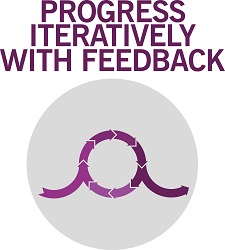
Key Message
Whatever your goal may be, take small steps and incorporate the feedback you get along the way.
Details
If you ask me, it doesn’t get any more agile than this. It is one of the best examples where to find synergies between ITIL 4 and agile ways of working as described in Scrum, SAFe, LeSS, Scrum@Scale, Nexus, etc…
You should resist the temptation to do everything at once and organize your work into smaller, manageable batches, which allow you to change the direction anytime. This iterative approach will also increase your flexibility, reduce the misconception about the work being done and above all, help to deliver value early and often to your stakeholders.
Last but not least, it will also provide a forum for your stakeholders to provide feedback on the work being done, which is – no doubt – of utmost importance to any service provider in the uncertain waters of digital transformations.
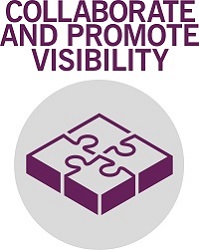
Key Message
To get the best results, you should involve the right people with the right roles at the right time to make the best decisions based on better quality information. Generally speaking, inclusion is better then exclusion.
Details
Knowing your stakeholders and understanding what they need is good. But do you know what is even better? Building well functioning relationships with them, allowing flourishing collaborations. One of the key-principles of ITIL 4 is value co-creation, which means that it is not simply delivered by the service provider, but it is the result of an active collaboration where both parties play their part. Both of them strive for good communication and visibility, which will turn into the ability of making well-informed decisions.
By applying this Guiding Principle you improve the transparency, which leads to the identification of bottlenecks and waste, which in return, leads to more effective relationships with higher added value.
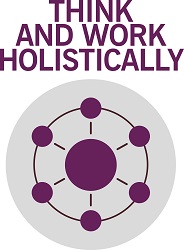
Key Message
Eliminate silo thinking and try to comprehend the bigger picture of the system you are interacting in, as no component, product, service or organization ever stands alone.
Details
We are always part of a bigger system and the work we do, the results we deliver always feed into another practice, department or outcome. Therefore, we should consider how we fit into this system and how our outputs and outcomes effect other participants of said system. If you want to go into deeper details on this matter, we suggest to learn about Systems Thinking.
Silo thinking should be discouraged as much as possible. The us-versus-them mentality needs to be eradicated. IT and Business need to act as partners and not as Master – Servant.
Here is another great similarity to the Agile world. By definition, everything that is built on SAFe follows the same philosophy. Teams are built based on Value Streams and not on function, and decentralized decision-making is promoted while hierarchies are removed.
With the help of this Guiding Principle you will gain a better end-to-end understanding of how demand is translated into actual value.
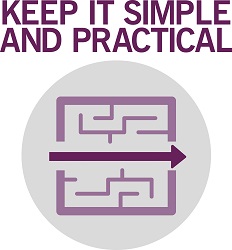
Key Message
Always try to reach your goal with the least possible steps and effort. Prevent overdoing and overcomplicating things, as there is no need for Gold Plating.
Details
The motto should be “Barely good enough is good enough”, and your customers and stakeholders should tell you what “good enough” means. What you want to achieve, is a 100% service quality, and by that, I mean getting exactly the results that are needed…not more and not less. You see, less would clearly lead to customer complaints and dissatisfaction. Although achieving more than a 100% is the lesser evil, it should still be prevented, as nobody will pay for that. Therefore, it can quickly turn into a waste of resources.
Easier said than done, believe me. Some people even say that simplicity is the highest level of sophistication, and there is some truth to that. Simplicity means, that we have a deep understanding of our product / service / organization, which ultimately leads to the knowledge that allows us to reduce the taken actions, while still achieving the same outcomes.
This Guiding Principle will help you to manage stakeholder expectations, achieve quick wins, save time / resources and increase customer satisfaction.
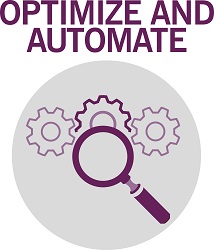
Key Message
We should try to maximize the value of human work by automating everything that can be automated in an economical manner.
Details
Automation has become a very hot topic, especially in times of Agile software / product development and DevOps. One of the pillars of stability is the automation of testing, which has been and still is one of the biggest wastes for many companies…Just think about regression testing…yummy.
Nevertheless, there are many other aspects of Service Management that can be automated. Examples may include the categorization and routing of tickets, handling user inquiries with chatbots, achieving redundancy with high availability systems, tracking assets and configurations items…and I could go on.
The potential is immense, but we should always keep an eye on what makes sense and what does not. Automation can quickly become quite costly, therefore, we should keep an eye on its feasibility and costs.
Check out our latest blog posts


